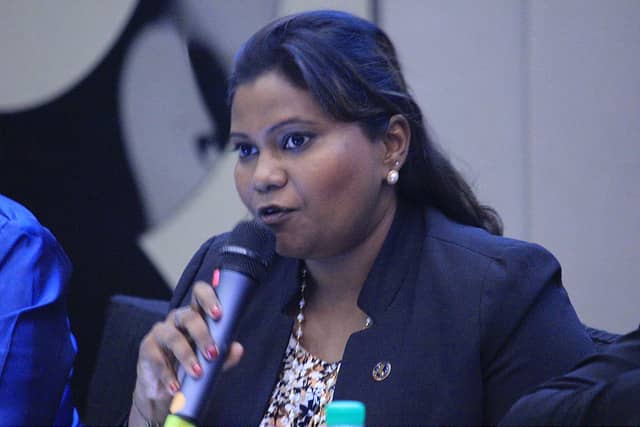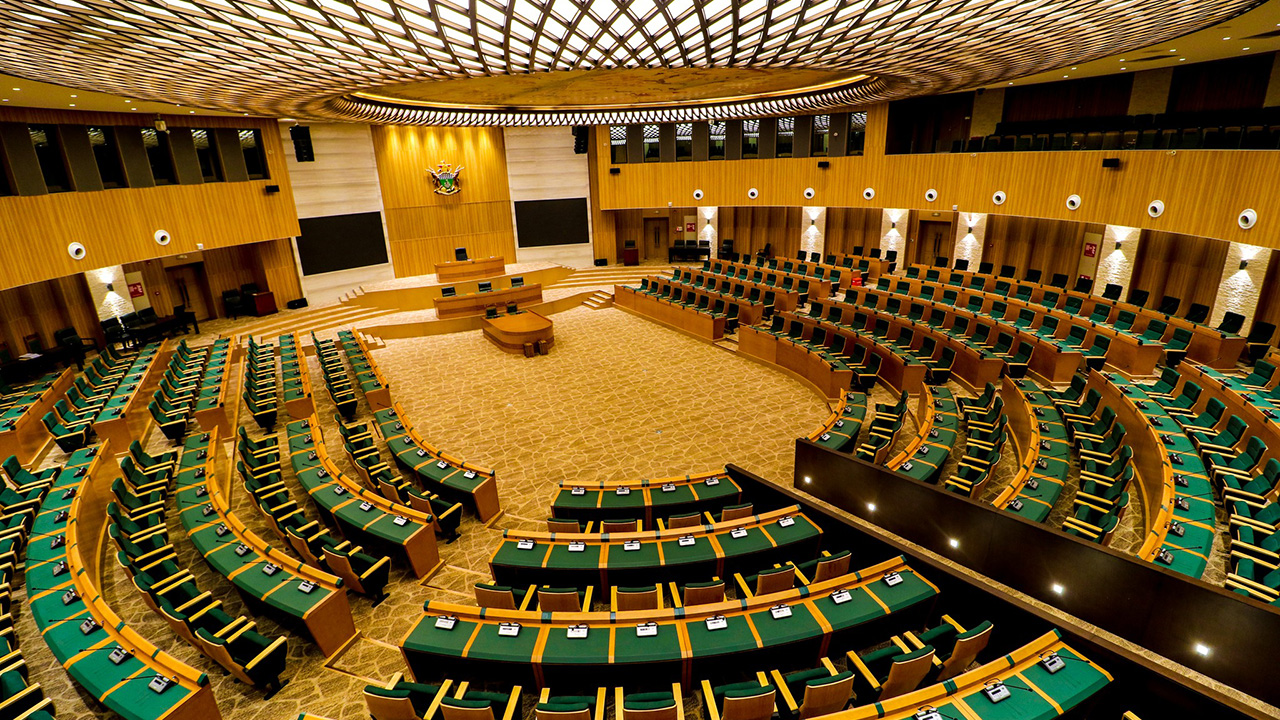
This following article was originally published in Free Malaysia Today on May 24, 2017.
DAP slams govt for this morning’s execution of prisoner
Batu Kawan MP Kasthuri Patto says there is no point talking about respecting human rights without committing to see it through.
PETALING JAYA: DAP has lashed out at this morning’s execution of a prisoner on death row for eight years, saying the government appears more keen on executing prisoners than reforming the law to uphold and protect human rights.
Batu Kawan MP Kasthuri Patto said the government had committed “countless times” over the years to amending provisions in the law to grant discretionary powers to the courts on drug-related offences that carry the mandatory death penalty.
Yet, it appears “apprehensive” in committing to see this through, she said.
“Why then the chest thumping on transforming Malaysia into a nation that upholds and respects human rights when it is not serious on imposing a moratorium on all death row cases across the board until discussions, meetings and even amendments are made?” she said in a statement today.
According to Amnesty International, Yong Kar Mun, 48, was executed at 5.30am at the Sungai Buloh Prison today. He was sentenced to death in 2009 under Section 3 of the Firearms (Increased Penalties) Act 1971, which carries the mandatory death penalty, read together with Article 37 of the Penal Code, after being found guilty of discharging a firearm during an armed robbery.
Although no casualties were recorded as a result of the robbery, another man involved in the incident was shot dead during the subsequent police chase.
Yong failed in his appeals to the Court of Appeal on Oct 6, 2011 and Federal Court on Aug 2, 2012.
Amnesty had strongly opposed his execution, as well as the lack of transparency surrounding the case.
Kasthuri added that Yong’s execution had taken place despite a special task force established in September last year on the abolition of the death penalty.
The task force was attended by Ipoh Barat MP M Kulasegaran, Suhakam, Amnesty International, the Attorney-General’s Chambers, the Malaysian Bar Council, the home ministry and the National Security Council.
On March 1, she added, the attorney-general himself presented to cabinet the findings of research conducted by Roger Hood and the International Centre for Law and Legal Studies (I-CeLLS).
Following this, the cabinet agreed on provisional amendments to Section 39B of the Dangerous Drugs Act (DDA) 1952 to include that discretionary powers be given to courts to mete out punishments befitting the crime.
In April’s Parliament sitting meanwhile, Minister in the Prime Minister’s Department Azalina Othman Said, said a memorandum from the cabinet, together with the proposed amendments to the DDA 1952, would be brought again to the cabinet for further consideration.
Azalina also said it had been proven that the mandatory death penalty was not a deterrent to crime.
Given that the attorney-general had not yet presented recommendations to the cabinet to amend laws on the mandatory death penalty, Kasthuri said it was “highly immoral, inhumane and a gross misconduct on the part of the Najib administration under the Barisan Nasional government to continue with the executions of prisoners on death row”.
She added that the government had violated international human rights laws in its “persistent lack of transparency” in carrying out executions.
This year alone, she said, Malaysia executed four people in five months.
She called on the attorney-general, Prime Minister Najib Razak, and the Prime Minister’s Department to present the findings on the research to abolish the death penalty in the next cabinet meeting.
The authorities should also impose a moratorium on all death row sentences until the matter is brought to Parliament, debated and passed, she said.




